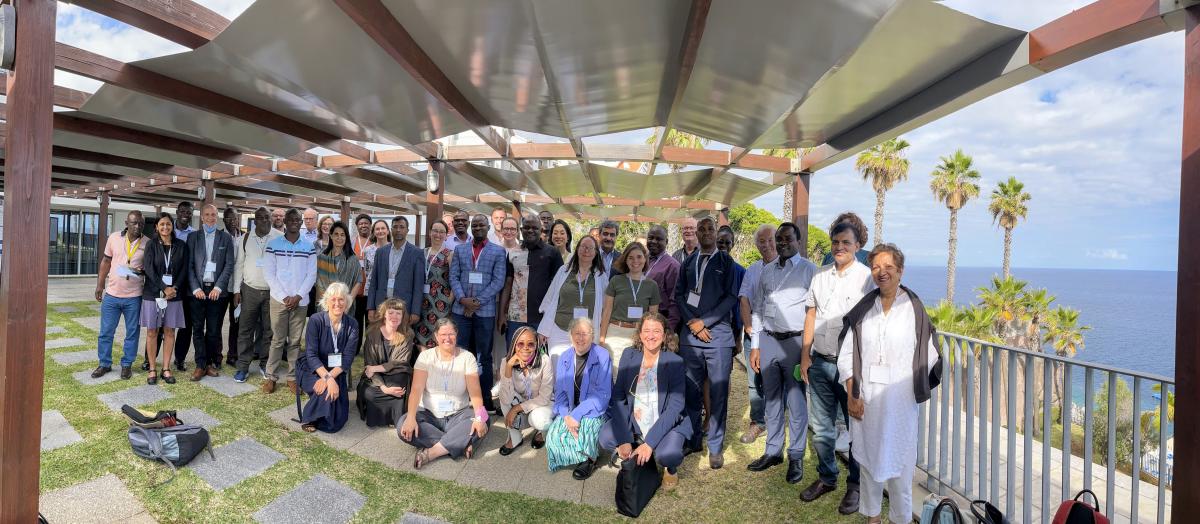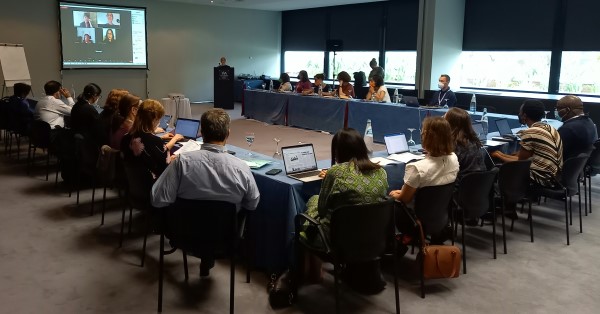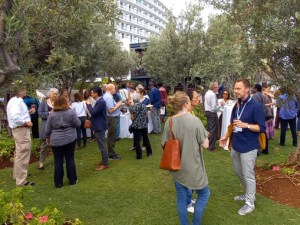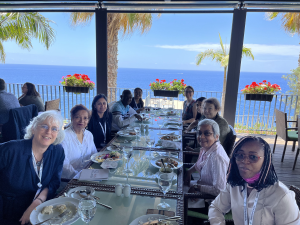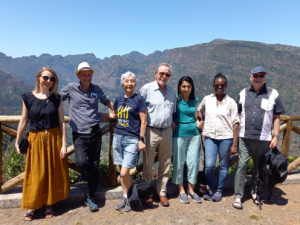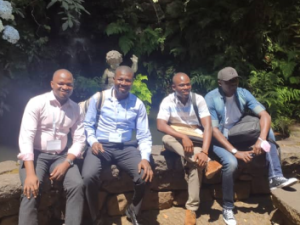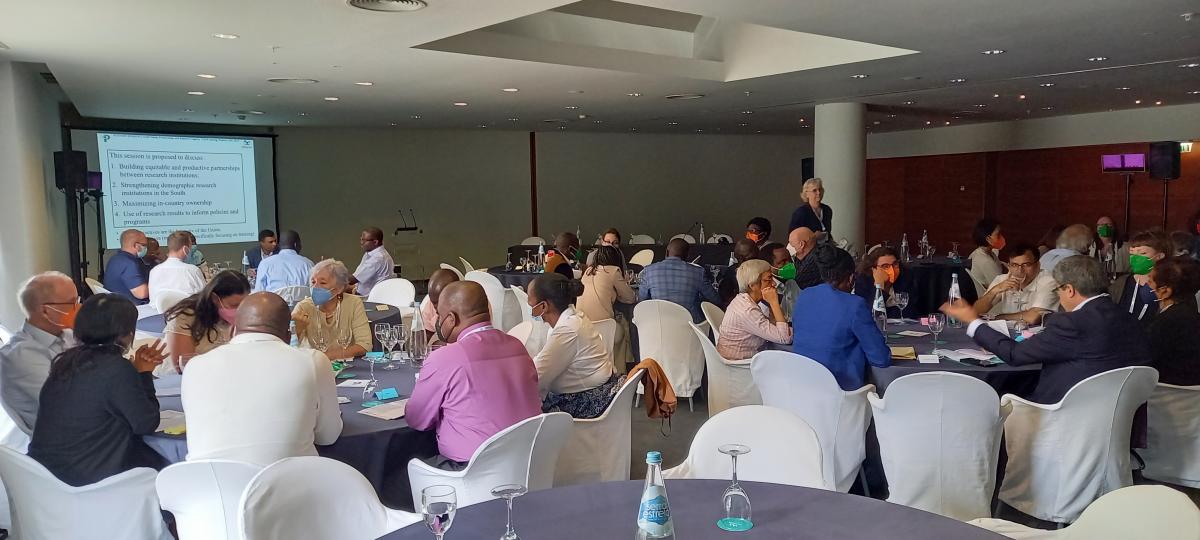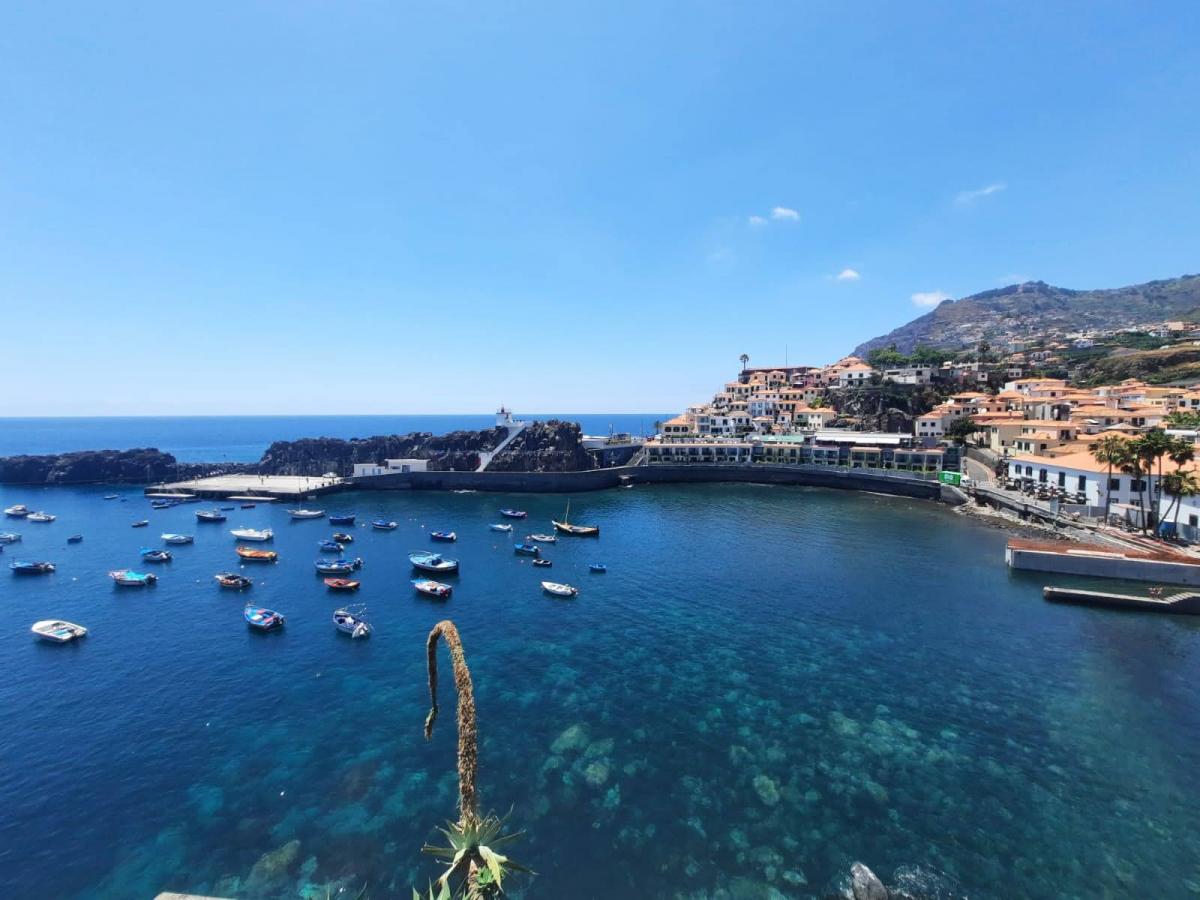3-Panel conference in MadeiraFunchal (Madeira), Portugal, 12-15 July 2022
The IUSSP organized its first major post-Covid event 12-15 July in Funchal Madeira, Portugal: a 3-Panel mini-conference on Family Planning, Fertility and Urban Development, Contraceptive Transition Theories: Models for Contemporary Patterns of Use and Unintended Pregnancy and Key Outcomes: Improvements in Measurement and New Evidence. The conference brought together 66 participants from around the world, with additional people participating virtually, to discuss the latest research on key topics related to family planning.
This was the first major in-person IUSSP meeting since 2020 and one of the first in-person conferences for many of those attending. Participants came from 28 countries in Africa (20 participants), North America (19 participants), Europe (12 participants), Asia (10 participants), and Latin America (5 participants). We are most grateful to the Portuguese Association for Demography who agreed to sponsor the conference and provide visa letters for those needing a Schengen visa. The mini-Conference was funded by grants made to the IUSSP from the Bill & Melinda Gates Foundation to support three IUSSP Scientific Panels whose mandates are to further knowledge on policy-relevant research for urban family planning, unintended pregnancy measures and population-level contraceptive transitions.
The mini-conference took place over 4 days (12-15 July); it included a mix of parallel and plenary sessions organized by the IUSSP Panels on Abortion Research, Contraceptive Transition Theories and Family Planning, Fertility and Urban Development. A poster session featured the work of the IUSSP Urban Family Planning Fellows. The parallel sessions focused on themes specific to each panel (see panel reports at the end of this article), while the plenary sessions brought all participants together for interactive sessions to discuss substantive issues of concern to all.
The conference’s aim was to further each panel’s research agenda while leveraging the work and perspectives of the other panels. A key goal was to engage early career fellows who are conducting research and engaging with urban policy makers on family planning and urban development in sub-Saharan Africa.
Participants were given plenty of formal and informal opportunities for discussion and networking with established and early career population scientists engaged in family planning and reproductive health research. In addition to the scientific meetings, there were outdoor events - a cocktail, lunches, coffee breaks and an afternoon set aside for organized tours of Funchal and the island that left time for people to reconnect with colleagues and friends and for the younger and older generations of researchers to get acquainted.
Plenary sessions
The plenary sessions, which can be viewed as a video recording by clicking on highligted titles, include:
IUSSP Council Meeting
In addition to the mini-conference, the IUSSP Council held its first in-person Council meeting before the Conference on 11 July. It was the first opportunity for Council members to meet face-to-face to discuss strategy for the next 4 years on fundraising, new activities, and directions. The Council also worked on plans for organizing the Call for Papers for the 2025 International Population Conference, which will take place in Brisbane, Australia. The mini-Conference was also an excellent opportunity to meet and discuss with the Scientific Panel members and participants.
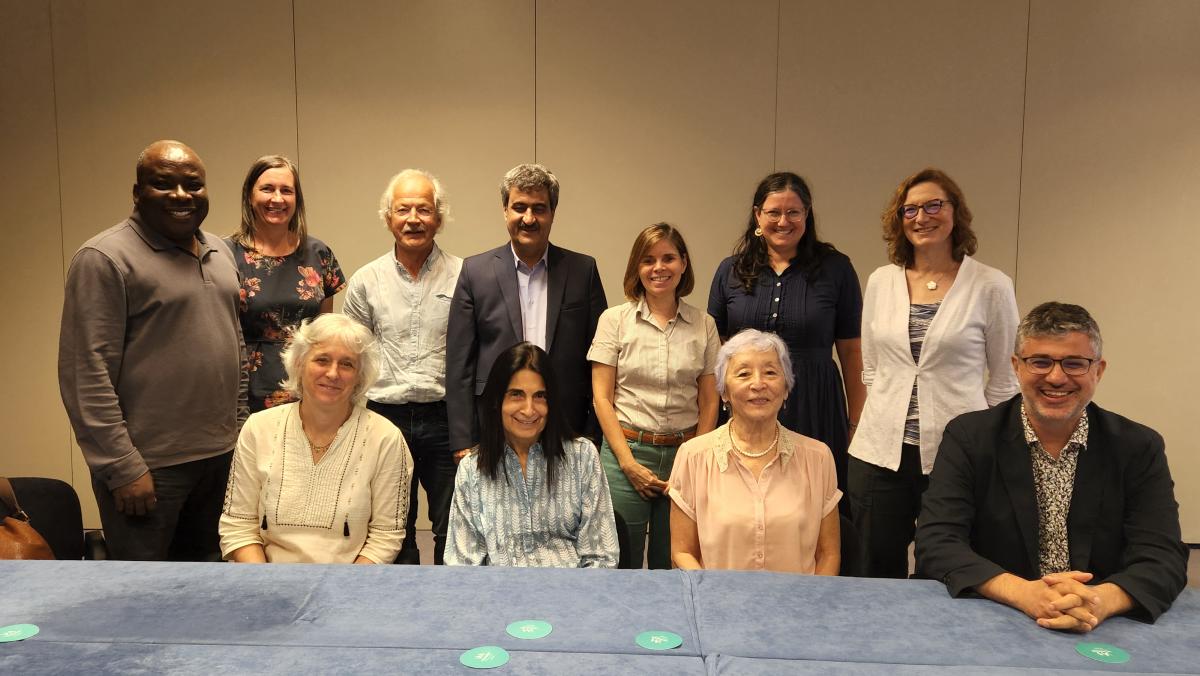
Conference Venue
Madeira, a Portuguese island in the Atlantic off the coast of Morocco, served as the venue. It is an attractive tourist destination with a mild tropical climate that guarantees the possibility to socialize and dine outdoors, a critical element in the wake of COVID. It is normally well served by numerous daily low-cost flights from Europe, though getting to Madeira proved more difficult than anticipated because of high winds and cancelled flights.
The Vidamar Resort Hotel provided excellent conference and meeting facilities and accommodation at a reasonable cost. About half the participants stayed at the nearby Pestana hotel.
To limit the spread of COVID, several anti-Covid precautions were taken. Participants were asked to test for COVID before taking their flight to Madeira and wear a mask while traveling (even if no longer required). Masks were provided and worn by participants during indoor meetings, and rapid covid tests were available during the conference. Only 3 people tested positive for COVID during or shortly after the Conference, so the precautions seem to have limited the spread of the few cases that did occur.
Unfortunately, diverse obstacles limited in-person attendance. Of the 80 individuals initially invited, 66 arrived in Madeira. Participants in India and several countries in Africa found it impossible to get appointments to secure visas in time to travel to the Conference because of high demand for Schengen visas (though many participants from Africa did get visas and were able to attend). A new wave of COVID scuttled some participants' travel plans. Those who made it to the airport, faced flight delays and cancellations that forced several people to abandon the trip altogether. Those who could not attend in person, however, were able participate virtually in the sessions and plenaries.
Despite these obstacles the meeting was a success. All who made it to Madeira were enchanted by the mild tropical climate and beauty and calm of the Island and the venue at the Vidamar Resort. Everyone was thrilled to see old friends and colleagues in-person again as well as meet new researchers working family planning and reproductive health issues from around the globe.
Individual Panel Reports :
|

